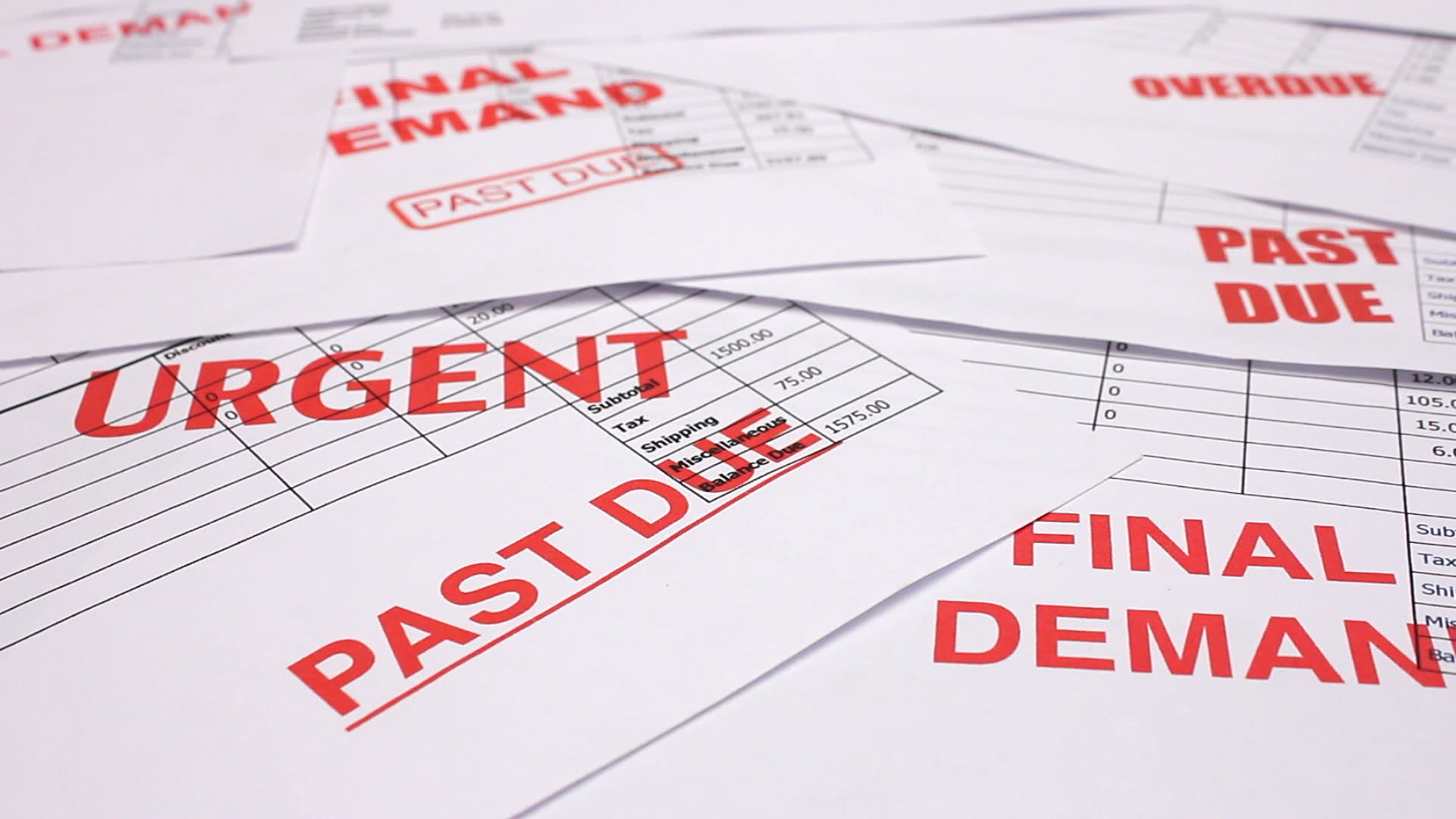People often wonder how creditor payment work in bankruptcy filing, in Bakersfield, California. Debt falls into three main categories – priority, secured and unsecured debts.
Here’s How Creditor Payments Are Paid Out
Creditors with priority debts get paid first, in this order, based on the Bankruptcy Code:
- Domestic support obligations (child support and spousal support or alimony)
- Trustee’s administrative fees and charges assessed against the estate
- Administrative expenses related to the estate
- Unsecured claims by any Federal reserve bank related to loans through programs or facilities authorized under the Federal Reserve Act
- Unsecured claims such as taxes assessed against the property of the estate, attorney fees, rent reserved by a lease, employee’s claim for damages resulting from termination of an employment contract and compensation owed
- Unsecured claims up to $10,000 for each individual or corporation for wages, salaries or commissions including vacation, severance and sick leave pay, and independent contractor’s sales commissions
- Employee benefits plans
- Pensions for farm workers involved in grain production and fishermen
- Return of money deposited for purchase, lease or property rental
- Tax debt owed on income tax returns up to three years before filing for bankruptcy
- Property tax incurred within one year of filing for bankruptcy when no penalty was owed at that time
- Employment taxes on wages, salaries or commissions
- Certain excise taxes
- Unsecured claims based on debtor’s commitment to a Federal depository institution’s regulatory agency
- Death or personal injury claims resulting from driving under the influence
- Secured property liens such as mortgage or car loans. (Bankruptcy discharges the personal liability for the debt, but debtors still must make payments after bankruptcy because the creditor still holds an enforceable lien on the property.)
- Erroneous government refunds or tax credits
Whatever unsecured claims that remain have last priority for payment, such as credit card debt, medical bills, utility bills and unsecured loans.
An experienced Kern County bankruptcy lawyer can review your financial details and determine a plan to handle debt, typically helping you discharge most of your unsecured claims. If you are overwhelmed by debt, payments and considering Bankruptcy, contact Max Gardner for a free consultation. 661-888-4335





